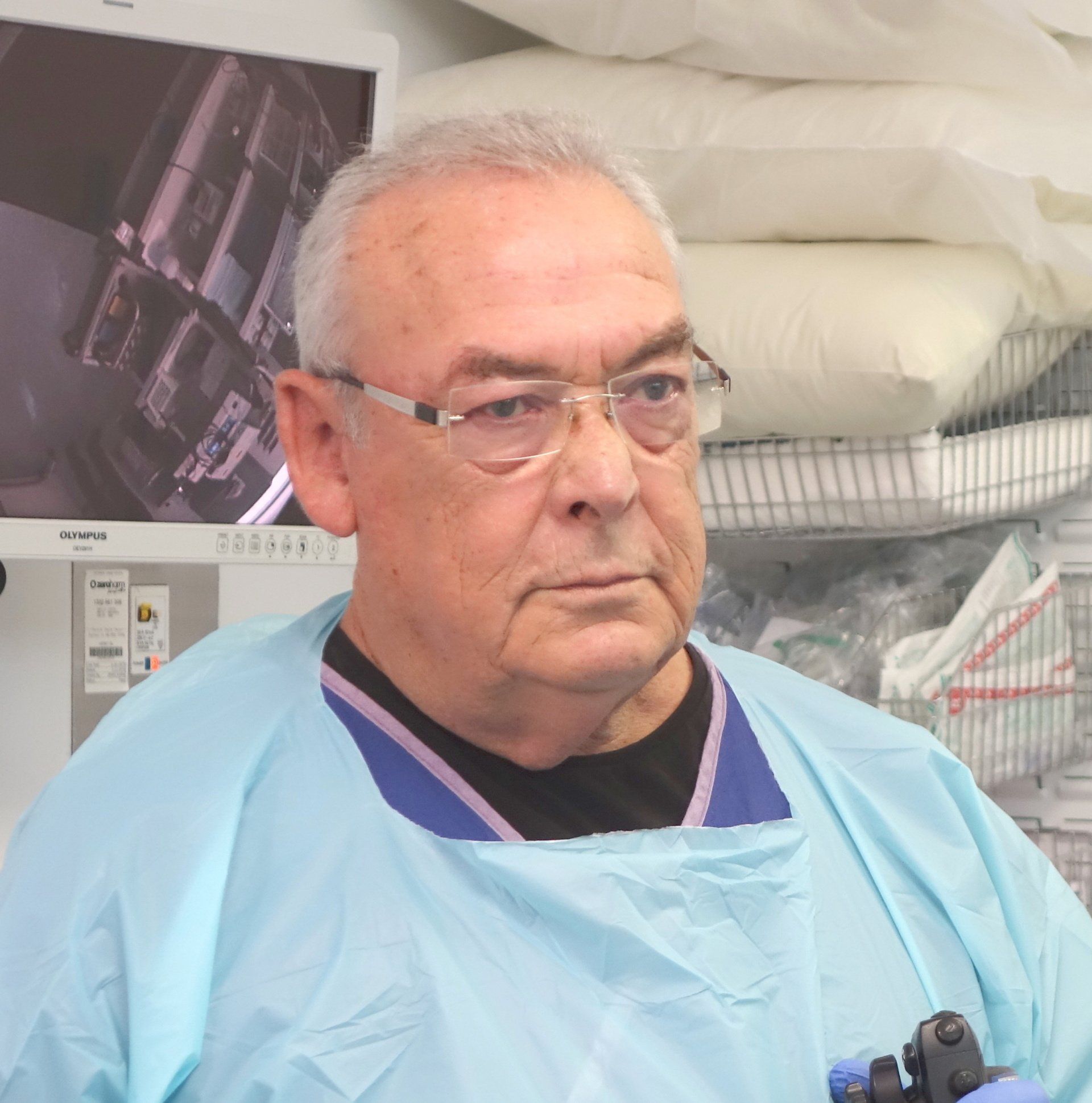Peptic Ulcers
What are Peptic Ulcers?
Ulcers are open wounds or sores that can develop anywhere on or in the body. Peptic ulcers are open sores that develop on the inside lining of your stomach and the upper portion of your small intestine.
Peptic ulcers occur when acid in the digestive tract eats away at the inner surface of the stomach or small intestine. The acid can create a painful open sores that may bleed.
Who does Peptic Ulcers Affect?
Peptic ulcers can affect anyone, but are most commonly seen in adults over the age of 60 years and are more predominant in women as compared to men. Adults in their 30s and 40s leading stressful lives with poor ability to cope are more likely to experience duodenal ulcers. It is also observed that African Americans and Hispanics are twice as likely to develop a peptic ulcers as compared to others.
How does Peptic Ulcers Occur?
Normally the epithelial lining of the stomach is protected from the gastric juices by a protective layer of mucus. When this layer is damaged due to infection or excessive gastric acid protection, erosion happens. This can lead to ulceration and further damage by acid.
Causes of Peptic Ulcers
Peptic ulcers can be caused by a number of factors. Some of the most common include:
- H. Pylori infection
- Persistent use of NSAIDs (non-steroidal anti-inflammatory drugs) such as Ibuprofen as well as aspirin
- Continuous stress can exacerbate a forming ulcer and make symptoms worse
- Vitamin A and C deficiency can also result in ulcer formation due to imbalance of gastric juices
Symptoms of Peptic Ulcers
Some of the symptoms of peptic ulcers include:
- Dull stomach a few hours after eating. Pain may be relieved after eating a snack but returns again.
- Nausea or vomiting
- Pain at night when the patient is lying flat
- Bloating
- Poor appetite, feeling full earlier
- Heartburn
- In rare cases, patients may complain of lightheadedness, melena (black stools) and loss of weight.
Types of Peptic Ulcers
Peptic ulcers can be classified based on location into gastric ulcers, affecting the stomach lining and duodenal ulcers, which occur in the duodenal region of the small intestine.
Stages of Peptic Ulcers
Peptic ulcers have the following stages based on ulceration level:
- Erosion:
The mucosal lining is markedly destroyed by acid.
- True Ulcer:
Further destruction of the mucosal lining, accompanied with scaring or marked disruption in the epithelial tissue.
- Bleeding Ulcer: At this stage, the ulcer has partially or nearly created a hole in the epithelial lining, which can result in bleeding (hemorrhage) or perforation. This stage is a medical emergency.
How are Peptic Ulcers Diagnosed?
The doctor begins by taking complete history and a thorough physical examination. The doctor may run the following diagnostic tests to confirm the diagnosis of peptic ulcers:
- A breath test is conducted to determine if there is an H. Pylori infection present. This test is very accurate.
- Upper endoscopy to visualise the lining of the stomach and duodenum. This is done to detect ulcers visually, and to determine the overall condition of the digestive tract. The doctor may also collect biopsy samples for lab analysis.
- In certain cases, the doctor may also recommend barium swallow studies that allow the doctor to see the ulcer more clearly on the X-Rays.
How are Peptic Ulcers Treated?
The treatment regime of peptic ulcers varies according to its cause. The usual approach aims to eradicate H. Pylori infection, eliminate the use of NSAIDs (non-steroidal anti-inflammatory drugs) and using medication that helps the ulcers heal.
Lifestyle and dietary changes also play a role in relieving pain and preventing the ulcer from advancing. Some of these changes include eating healthier, controlling stress, avoiding smoking, reducing alcohol consumption and sleeping properly.
Some of the common drugs that are used to help ulcers heal include proton pump inhibitors (PPI), acid blockers and antacids.
In very severe cases, where bleeding or a perforation has happened or imminent, the doctor may recommend surgery.
In certain cases, the doctor may recommend a follow up endoscopy to ensure that the ulcers have healed.
What if Peptic Ulcers are Untreated?
If left untreated, peptic ulcers can result in a few complications that can result in poor quality of life and can even be fatal if they go unnoticed. These complications include:
- If a peptic ulcer ruptures, it can lead to internal bleeding which can result in anemia to something as severe as a fatal loss of blood. Internal bleeding may require hospitalization and blood transfusion.
- If the peptic ulcer fully perforates the stomach wall or the small intestine, the gut contents can spill into the abdominal cavity. This can result in abdominal cavity infection (peritonitis) which can be very serious.
- Untreated peptic ulcers can also cause gut obstruction, which can result in loss of weight, vomiting and feeling full early.
Dr Donald Walker
Write your caption hereMore
Dr Johan Van Den Bogaerde
Write your caption hereMore
Trusted for more than 25 Years
PANCREAS & BILIARY
Digestion Problems - Dyspepsia









